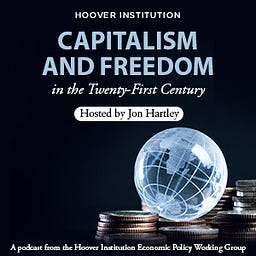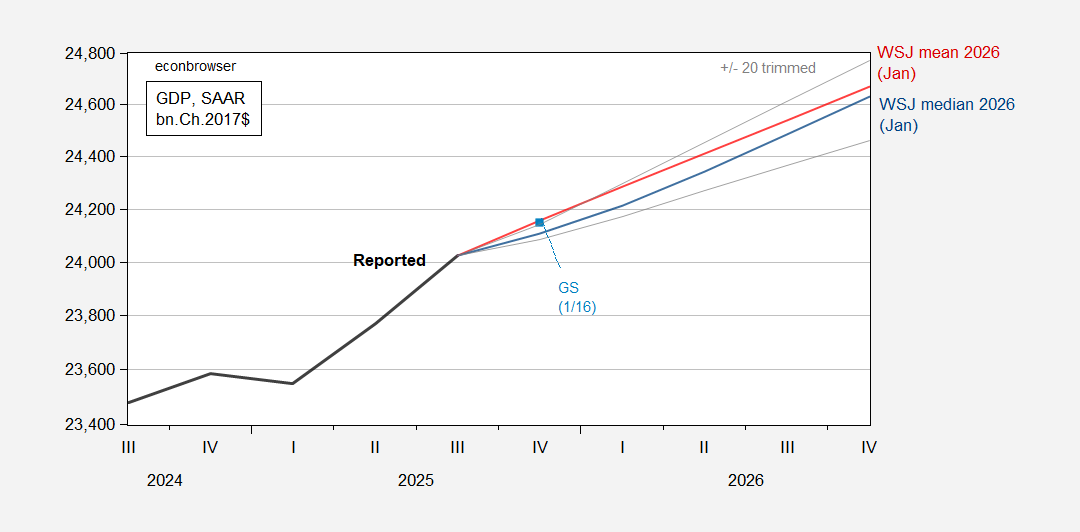
21. Supreme Court doubtful of Trump claim he can fire Fed governors by fiat
Nina Totenberg discusses the Supreme Court's hesitation regarding the administration's desire to fire Fed governor Lisa Cook, highlighting concerns about central bank independence.




![“…[last month]’s [production] print still came in negative M/M – manufacturing is in recession:](https://econbrowser.com/wp-content/uploads/2026/01/mfgpixdec25.png)











